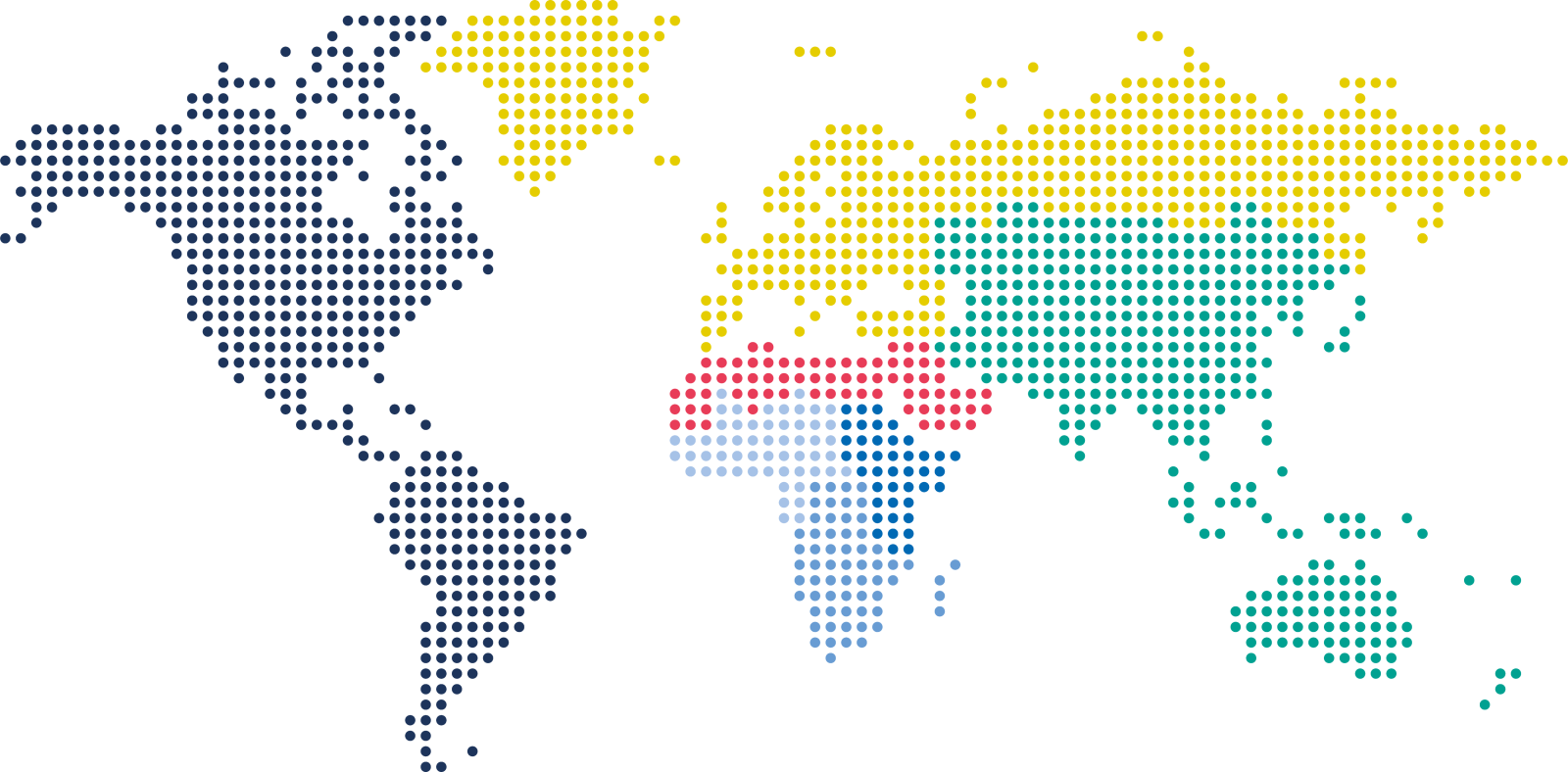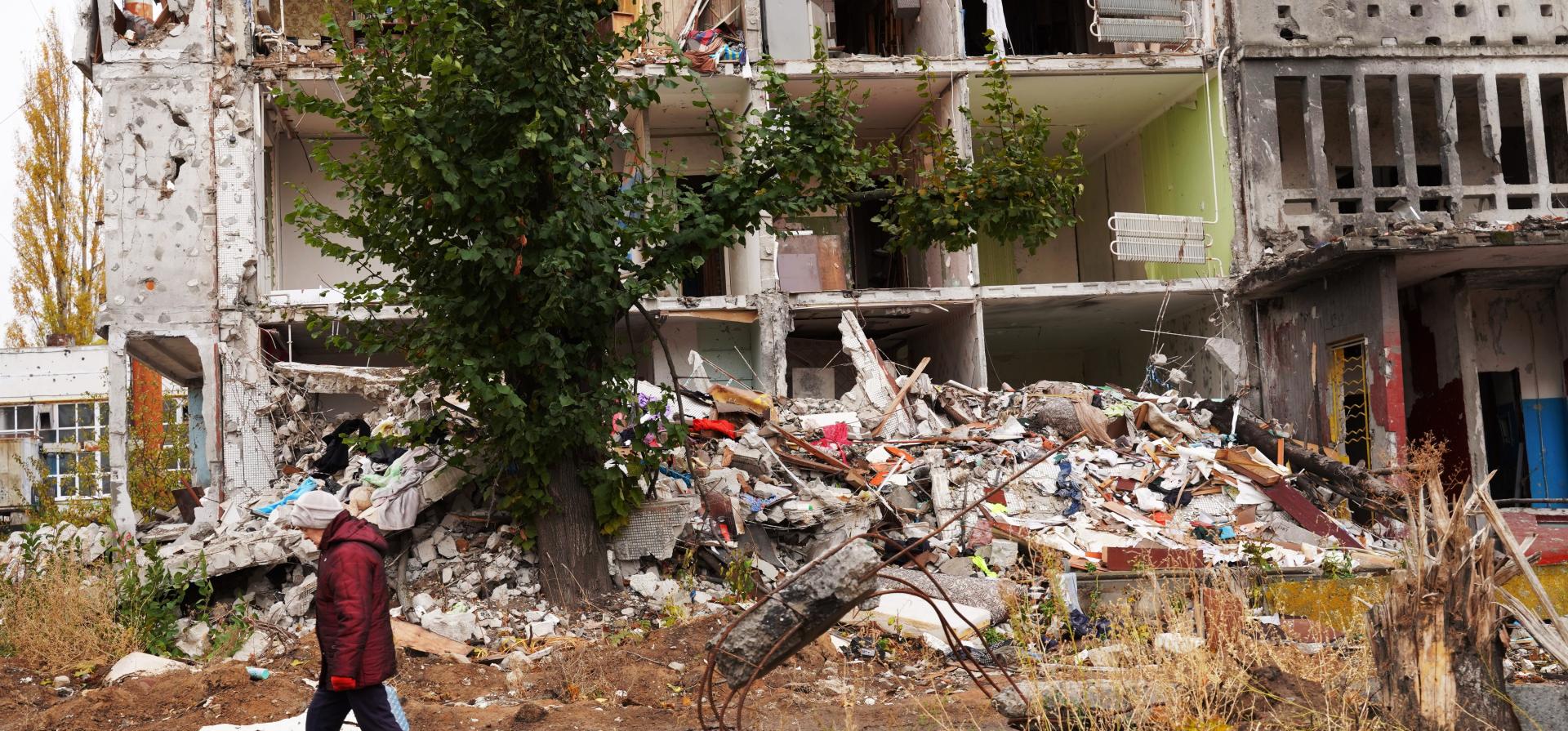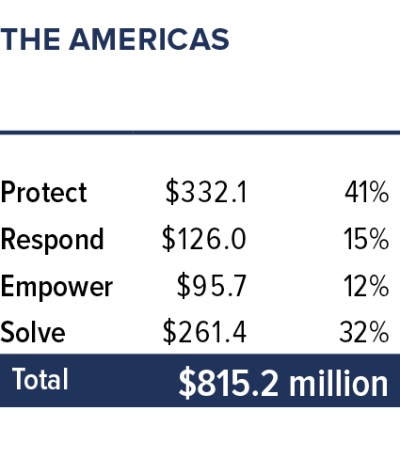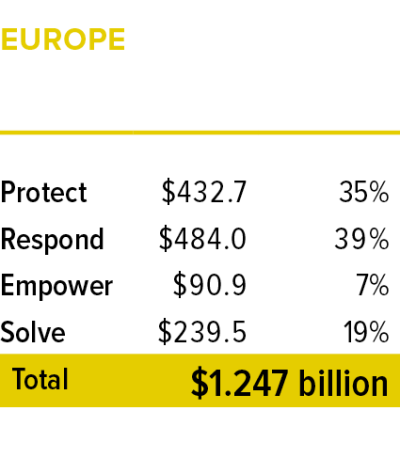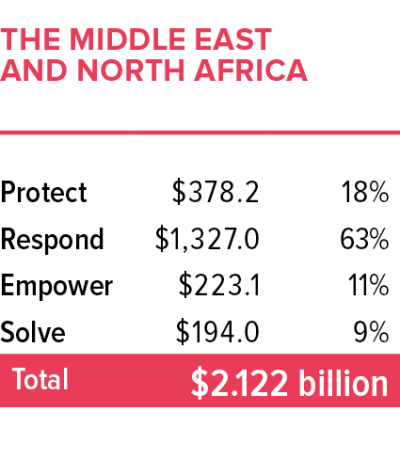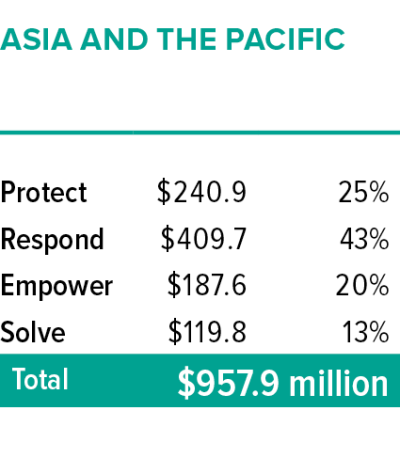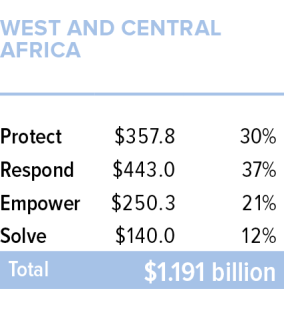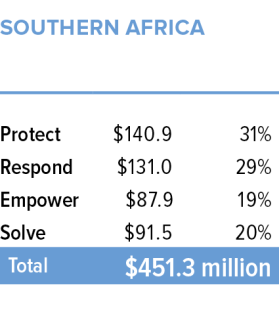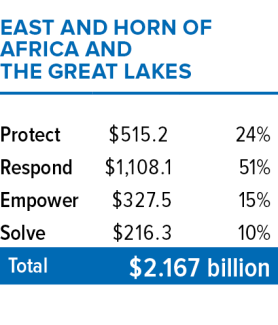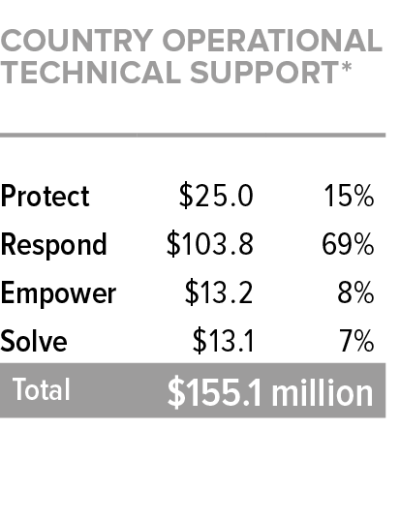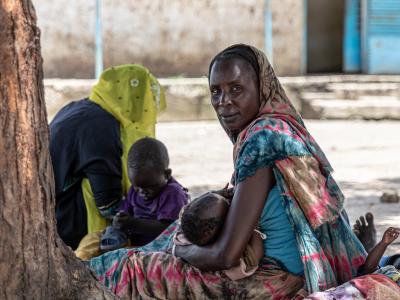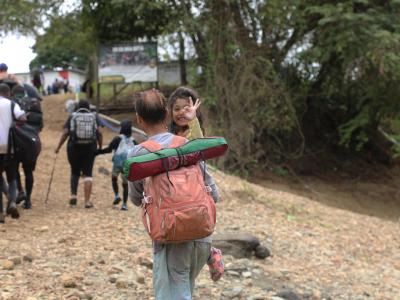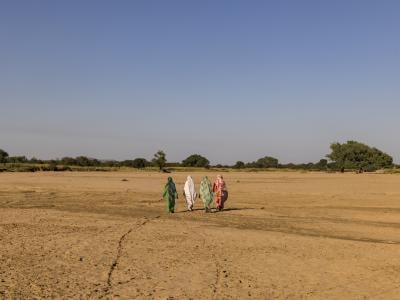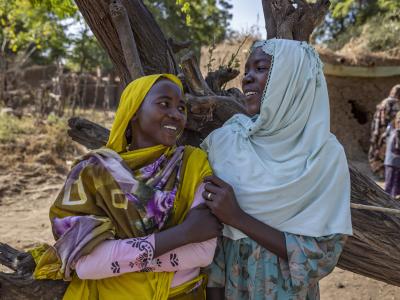Overview
UNHCR presents an annual budget for approval by its Executive Committee each October.
The 2025 budget of $10.248 billion is designed for impact, and to enable UNHCR and its partners to provide life-saving protection, assistance and solutions in new and existing displacement situations.
This budget is driven by the needs of the projected population of 139.3 million forcibly displaced and stateless people during the year ahead, which would mark another year of record numbers.
In this section of the Global Appeal you will be able to read:
- An analysis of funding to date in 2024
- The 2025 budget presented against the COMPASS results framework by Impact and Outcome Area, and by region
- UNHCR’s plans to raise financial resources from the public and private sectors.
